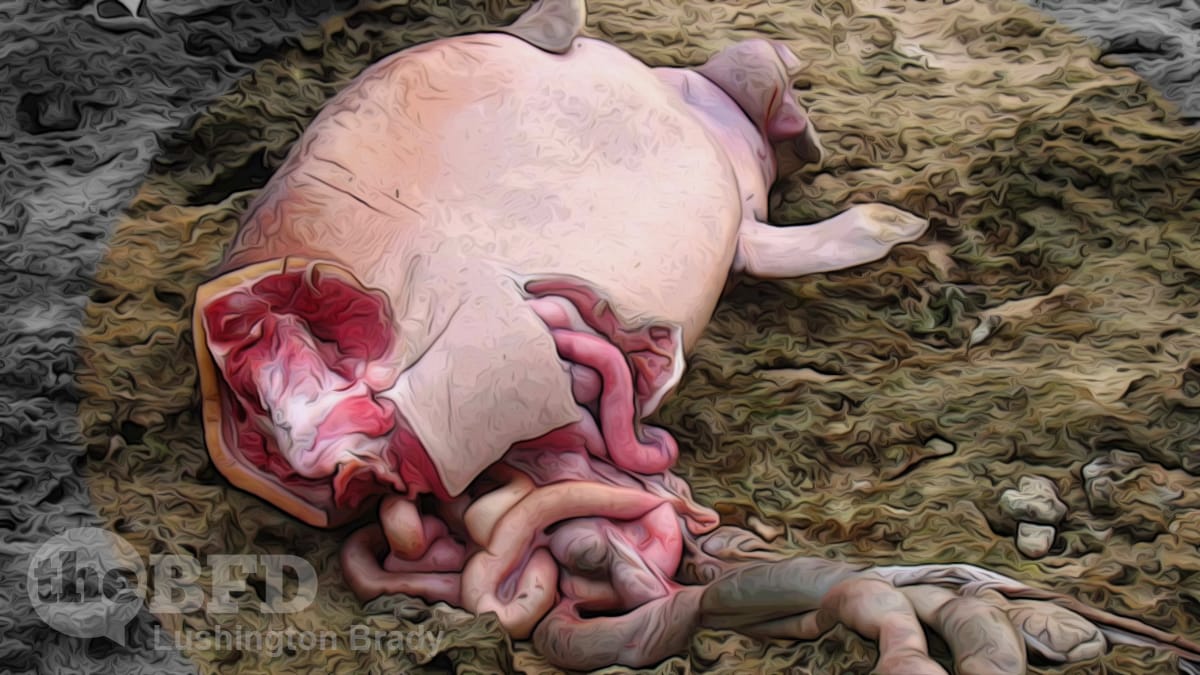Table of Contents
Fox hunting is a British cultural practice at least centuries, probably millennia, old. Hunting with hounds in Britain goes back to pre-Roman times. Fox hunting as we know it – all scarlet coats, horses, hounds and Tally Ho! – is a more recent evolution. It’s a cultural practice almost exclusively associated with the Norman upper-classes, yet a cultural practice it remains.
The Japanese have been hunting whales for at least several thousand years. For them, too, it’s as much, if not more, a cultural practice than a matter of food-driven necessity. “No one has the right to criticize the food culture of another people,” argues Komatsu Matayuki of the Fisheries Agency of Japan.
Yet, many people do. Ditto, fox hunting.
So, why is it OK for Maori to hunt muttonbirds and pillage crayfish and abalone to their hearts’ content, for “customary purposes”?
Why is it OK for Australian Aborigines to hunt dugong?
Australians love whales, but what about the other large, iconic sea-mammal killed cruelly and unsustainably, as a cultural practice – this time in our northern waters? Why does dugong hunting not concern us?
Every year in Australian waters, thousands of dugongs are speared, dragged by the spear line and then drowned in a process that takes between 15 minutes and two hours. While we deplore the use of harpoons by Japanese whalers, regulations made under the Torres Strait Fisheries Act prohibit the taking of dugongs by any method other than with the use of a spear thrown by hand.
When it comes to the traditions of the British upper-class or the Japanese, they’re just told to get over it and “evolve”. Such barbaric cultural practices should be consigned to the past.
But they’re not sufficiently brown for their cultures to become “traditional practices”.
Under section 211 of the Native Title Act, Aboriginal and Torres Strait Islander peoples are entitled to hunt dugongs for personal, domestic or non-commercial communal needs. State and Territory laws also allow the practice, but this right is not unfettered. Both the Commonwealth and the States have the power to regulate the killing of dugongs to ensure its sustainability. In addition, the States can regulate hunting to ensure it is conducted humanely. Yet these powers have not been exercised in a meaningful way.
In a recent case before the courts in Australia, an Aboriginal man tried to defend abalone poaching as a “cultural right”, whining that “the rules and regulations upon us do not allow us to feed our elder people”.
He was caught with 439 abalone in his car. Another 128 were seized from the freezer of a restaurant in Sydney, where he’d sold them.
Another group of Aboriginal men were caught in 2015, with 370 greenlip abalone – more than half were undersize.
It all sounds very “cultural”.
Serious allegations of a substantial black market in dugong meat from the Torres Strait Islands to Islanders living on mainland Australia [is] concerning. Given the remoteness of the Torres Strait, adequate law enforcement in relation to dugong hunting is difficult to maintain.
Much of the laissez-faire dugong management in Australia has been based on the deeply rooted principle that Aboriginal and Torres Strait Islander peoples know best and that their practices are sustainable. It is time however to set aside romanticised beliefs of indigenous people as good custodians of the land merely by virtue of their race or ancestry.
Indigenous and non-indigenous peoples all over the world have exploited their environment, sometimes causing mass extinctions. It is now well accepted that over-hunting by indigenous peoples caused, or at least significantly contributed to, the extinction of the mega-fauna in Australia and of the moa in New Zealand as well as of Steller’s sea cow, a species related to the dugong, in the North Pacific.

But I’m sure they did it very peacefully and harmoniously and sang some lovely traditional songs while they scarfed down the last moa.
Meanwhile, we wicked whiteys have put aside all manner of traditional practices, from bear baiting and dog fighting, to sending children to work manual labour, because we recognised that such things were not needed and were highly immoral.
When a cultural practice is inconsistent with human rights, sustainability, humane standards or with other deeply entrenched principles, it is time to ask whether that practice is worth maintaining.
The Conversation
Except when the practitioners are high enough on the intersectional totem pole that they can thumb their noses at the rest of us.









